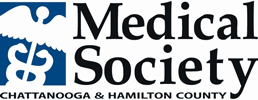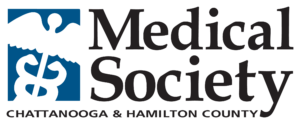Treatment options are very limited in the outpatient settings for children, similar to adults.
Passive Immunization (Prevention) for lmmunocompromised Hosts
Tixagevimab + Cilagavimab (Evusheld; AstraZeneca)
- Approved for pre-exposure prophylaxis down to age 12 years (12 y) and 40 kg\
- Administered by 2 separate (same visit) IM injections
- May repeat dosage after 6 months
Criteria
- Not currently infected or recently exposed to someone with SARS-CoV-2, AND EITHER
- Moderate to severe immune compromise due to a medical condition or receipt of immunosuppressive medications or treatment AND thus may not be able to mount an adequate immune response to the virus, OR
- Have a history of adverse reaction to a COVID vaccine(s) and thus cannot be administered any additional indicated doses of COVID vaccine (e.g., recommended second dose or booster)
Oral antiviral therapy [https://emergency.cdc.gov/coca/ppt/2022/011222 slide.pdf]
Paxlovid
Combination of Nirmatrelvir (a viral protease inhibitor) and Ritonavir (used as a CYP3A inhibitor to boost/prolong nirmatrelvir plasma levels; it has not anti-coronavirus activity)
Dosage= two 150 mg tablets (300 mg/dose) of nirmatrelvir by mouth twice a day for 5 days, with one 100 mg tablet of ritonavir taken with each dose of nirmatrelvir
- Supplied as five blister packs, one for each of 5 days of treatment
- May be taken without regard to food/having eaten recently or not
- Ritonavir may increase risk of drug interactions
- Side effects generally mild, not frequent
- Best effect is as soon as possible after onset of COVID-19 symptoms, and should be started within the first 5 days on symptom onset
- Dosage adjustment required in renal failure
- Reduced risk of hospitalization or death from 6.3% to 0.8% (88% reduction; from 1 in 16 to 1 in 1250)
FDA Emergency Use Authorization is for adults plus children 12 years of age and older who weigh at least 40 kg who
- Have a positive test result for SARS CoV-2
- Have mild to moderate COVID-19 symptoms (not ill enough to require hospitalization)
- Are at high risk for progression to severe COVID-19, including hospitalization or death
- These include cancer; chronic liver, kidney or lung diseases; diabetes (type 1 or 2); Down syndrome; heart disease, immunocompromised states
- https://www.cdc.gov/ coronavirus/2019-ncov/need-extra-precautions/people-withmedicaI-conditions.htmI
- Not for use as pre- or post-exposure prophylaxis
For information on drug interactions, see https://www.fda.gov/media/155050/download

